It seems $20 per hour is the new number that worker wage advocates are focusing on. After California raised the minimum wage for some industries in April to $20 an hour, activists have started to seize on the momentum to push for these wages in their own states as well.
Now, a rally at the Massachusetts State House on Wednesday saw residents demanding lawmakers to raise the minimum wage to $20 an hour and lift a ban on rent control to make living more affordable.
Two Part Mission

A coalition of hundreds of Massachusetts renters and low-wage workers descended on the state capitol steps to demand both a minimum wage increase and a solution to rent prices.
“We don’t have rent control. We don’t have minimum wage that could satisfy someone that has a family to live actually OK,” said renter Ronel Remy who has a house in Brockton. “We’re not saying to live in opulence, but actually OK — a decent living. When these things don’t happen, something is wrong somewhere.“
Two Bills
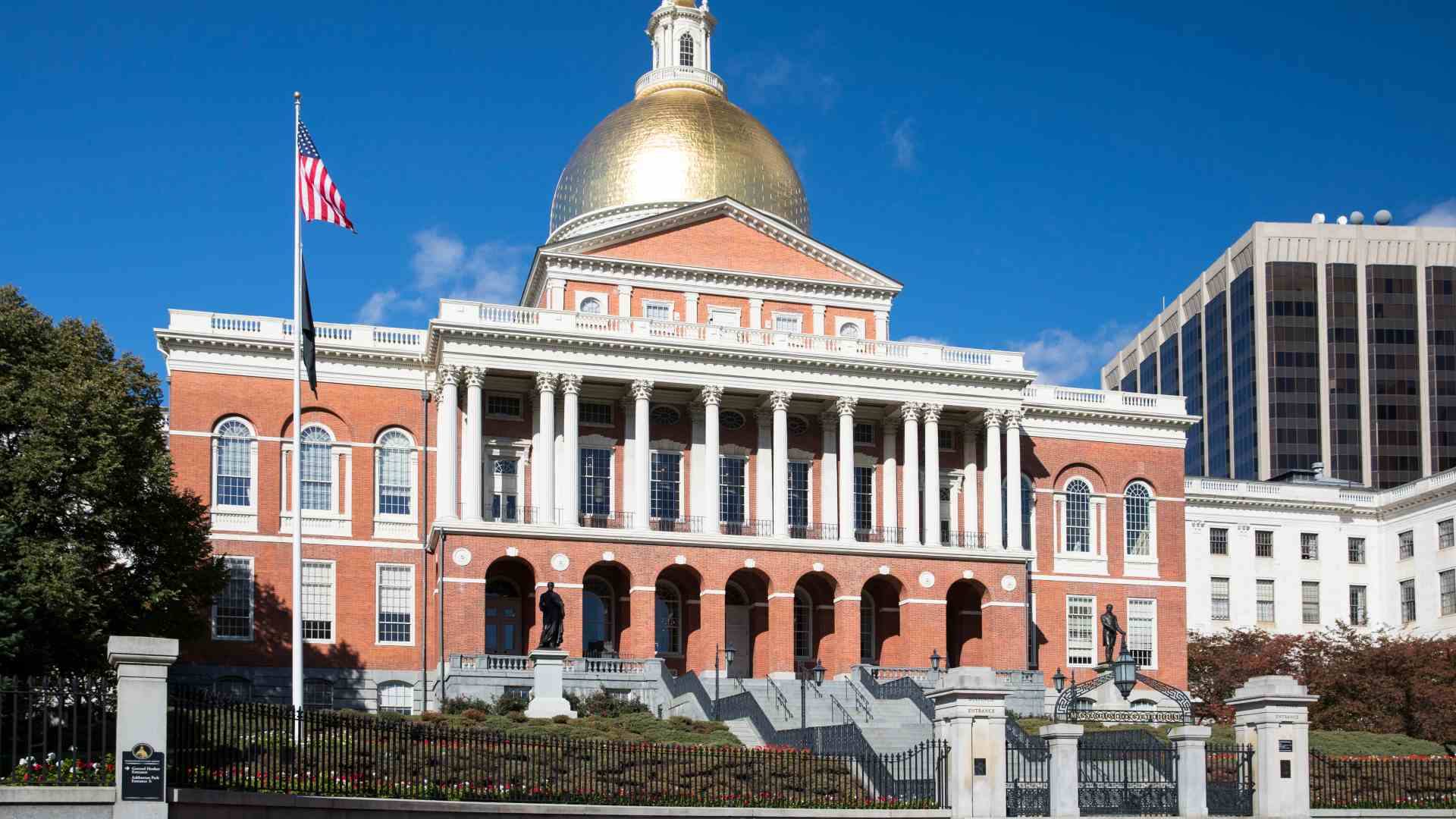
The tag-team coalition of renters and low-wage earners at the rally were supporting two separate bills that legislators are deciding on.
One bill would raise the minimum wage while the other would put an end to a statewide ban on rent control and and allow local towns in Massachusetts to implement their own rent control measures.
Minimum Wage Increase

Bill H.1925, also known as “An Act Relative to the Minimum Wage,” would in its current form increase the minimum wage to $20 an hour.
It would also set into motion a standard for future wage increases that ties the minimum wage to increases in inflation.
Protect Tenants
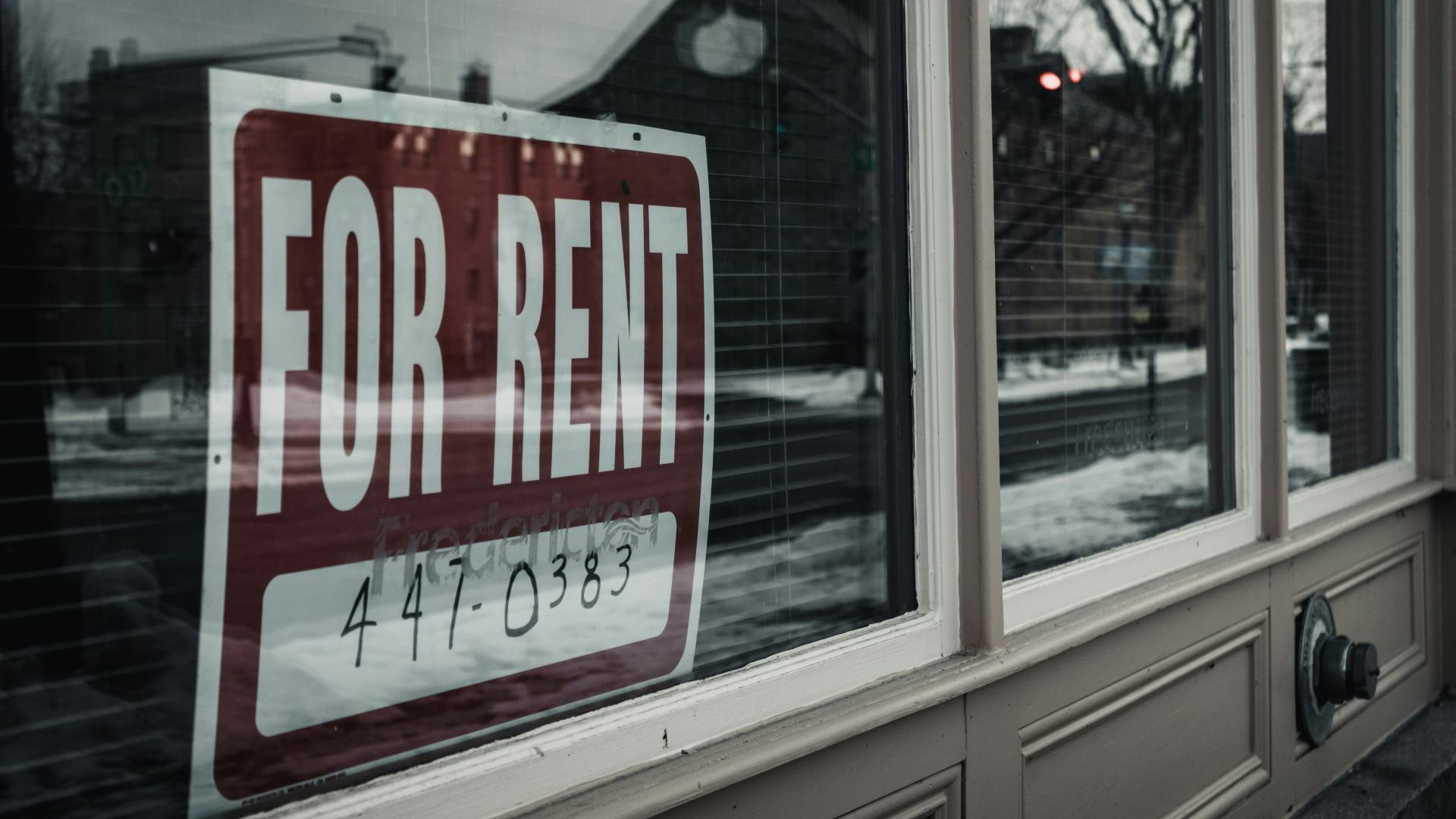
The other bill supported by the protestors was S.1299, also called “An Act Enabling Cities And Towns To Stabilize Rents And Protect Tenants.”
This bill would overturn a long-standing ban on rent stabilization and rent control rules. With these rules in place, property owners would only charge a maximum amount on rent, allowing those with lower incomes to afford more places to live than they otherwise could.
Longstanding Ban
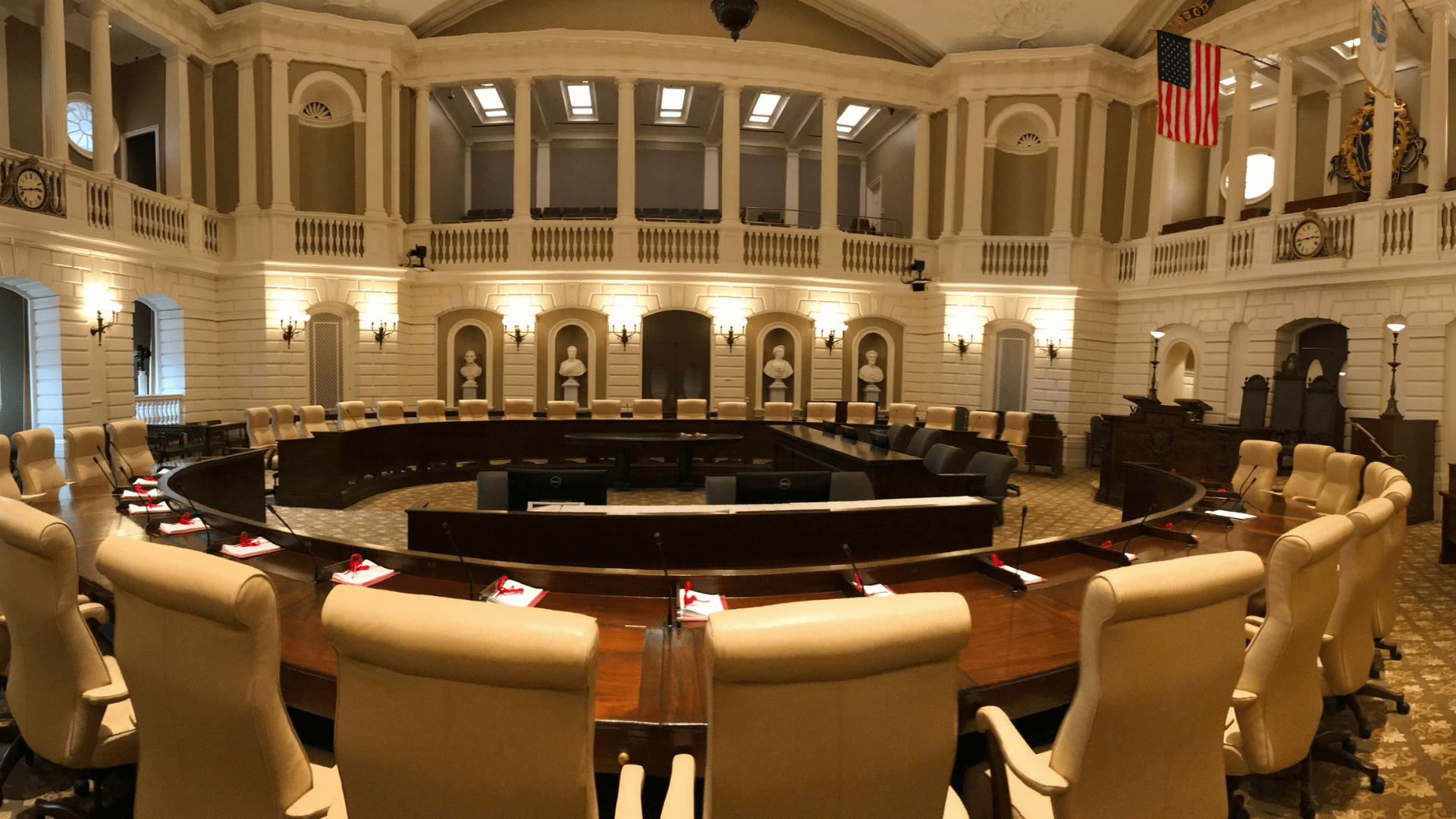
In Massachusetts, rent control measures have been restricted since a voter ballot measure was passed in the 1990s that banned all such measures across the board.
In anticipation of the ban being overturned, several cities including Boston, Brookline, and Somerville have already submitted rent stabilization plans to the state legislature.
Buying Up Properties
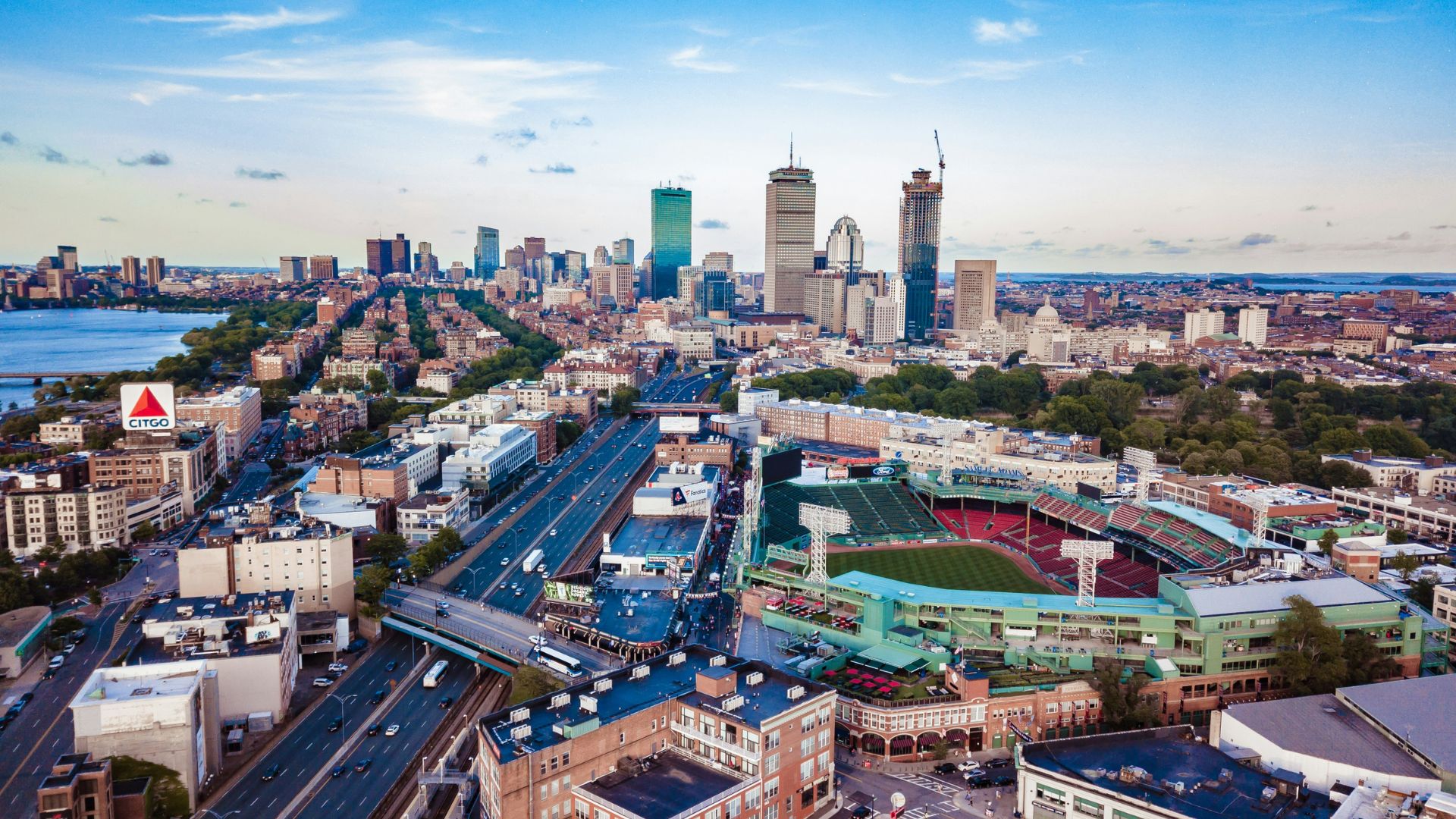
Laura Frost, a renter living in Arlington for 20 years, is worried that a recent trend of real estate developers buying up property threatens to upend social cohesion in her community.
“I see communities as a tapestry. The teachers and the musicians, and the firefighters, everybody has a role to play,” Frost said. “But now what’s happening with the large developers buying up the properties and pushing people out, the community tapestry is being unraveled.“
Price Gouging

In February, an investigation by Boston 25 found that big-money investment groups have descended into Massachusetts to price out homeowners and renters. The news organization spent weeks trying to identify the big players but to no avail. Using a tangled web of LLCs, shadowy investors with unknown identities keep their activities hidden from the public.
“What we see with investors is they’ll break up into different entities that are owned by each other,” said Rep. Erika Uyterhoeven, a Democrat of Somerville, said. “And so, it turns into this massive maze.”
No Intention of Living

CBS News reported in November that investors are rapidly buying up homes in Boston, with no intention of living in them, further constraining the supply of houses from those who need them.
“The big headline is that one in five properties in Greater Boston has been sold to an investor in the period between 2004 and 2018,” said Jessie Partridge Guerrero, Interim Director of Data Service with The Metropolitan Area Planning Council (MAPC).
People of Color Most Affected

Guerro emphasized how investors are buying up multiple properties in low-income areas, disproportionately affecting people of color.
“The rate of investor activity is highest in lower income communities of color. They are able to scoop up any naturally occurring affordable housing with cash, which is often more attractive to sellers,” said Guerrero. “Their tenants have experienced that when investors come and buy property from a previous owner, they are often either outright just serving notices to quit, or to clear the building, or they’re raising rents by rates that are so high that folks are unable to stay.”
Real Consequences
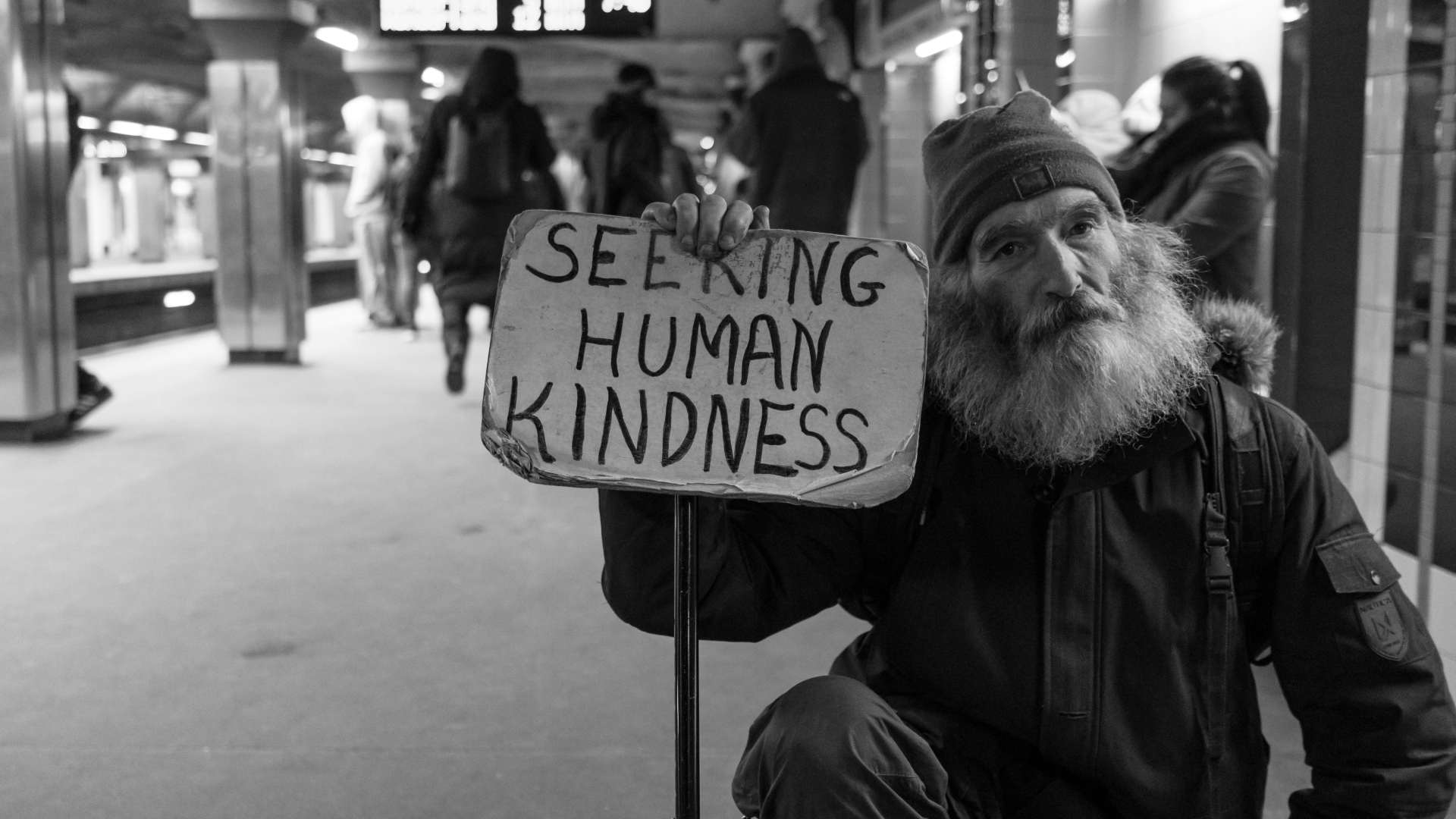
Rally supporters feel like these political issues have real consequences and stakes for people in the immediate future, increasing the urgency they want to impart to lawmakers.
“I’ve watched coworkers become homeless or move in with family members — I’m literally one paycheck away from that. My family might be next because, every January, my rent goes up,” said Noel Lozada with the SEIU Local 509. “This coming January, [that] could be my family on the street.”
Time Running Out

Another reason that protestors are stressing the urgency of getting action on these bills is that the legislative session for state lawmakers expires on July 31.
If moves aren’t made on these bills before then, Massachusetts renters and workers will have to wait until January 2025 before they can be considered again.
